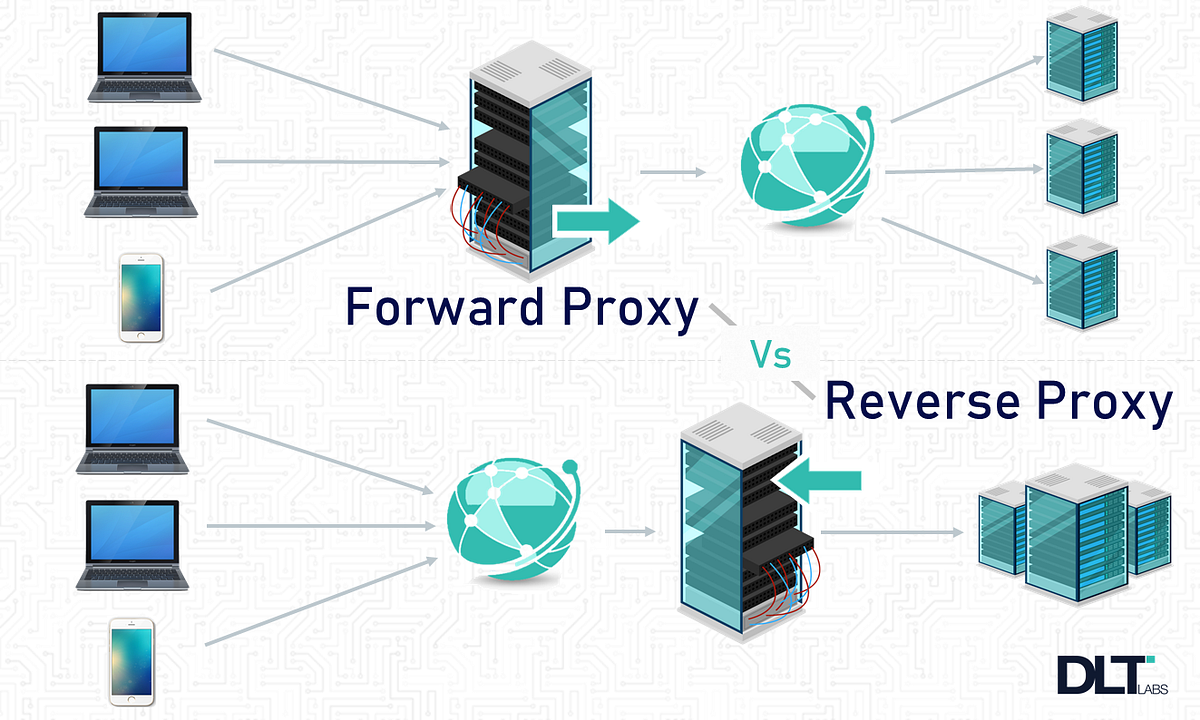Employing Proxy Solutions for Web Scraping: Recommended Techniques

Within the current digital landscape, web scraping has become an indispensable tool for businesses and individuals looking to collect data from the huge reach of the internet. However, as web scraping advances, so do the obstacles associated with it, especially regarding the potential for IP bans and data restrictions. One efficient way to overcome these obstacles is through the use of proxy servers. These intermediaries not only allow users to obtain data more efficiently but also play a crucial role in maintaining anonymity and enhancing online security.
Grasping how proxy servers function and the various types out there can significantly impact your web scraping success. From safeguarding your identity online to boosting the overall efficiency of data collection, proxies provide several advantages that address different needs. In this article, we will investigate the best practices for using proxy servers in web scraping, covering everything from their benefits and types to tips on steering clear of complications such as IP bans. Whether you're a seasoned data scraper or just beginning, mastering the use of proxy servers can elevate your scraping operations to a new level.
Comprehending Proxy Solutions
A proxy server acts as an middleman between a client's device and the online world. When a individual seeks a website, the query is sent to the proxy server first, which then transmits it to the intended site. This service receives the feedback from the website and sends it back to the client. By doing this, proxies can conceal the client's IP address, provide privacy, and enable safe browsing.
There are different types of proxy servers available, each designed for specific functions. HTTP proxies are designed for web traffic, while SOCKS proxies can handle any type of data. Transparent proxies do not alter demands or replies, making them suitable for data retention and internet filtering. Grasping these variations is crucial for picking the right proxy for specific activities, such as content extraction or accessing geo-restricted content.
Using proxy servers comes with a wealth of benefits, particularly regarding online privacy and protection. They can mask a user's identity, protect sensitive data, and prevent malicious entities from tracking web actions. Additionally, companies rely on proxy servers to enhance cybersecurity measures and ensure safe data exchange. This mix of features makes proxies a essential tool for anyone looking to improve their digital experience.
Benefits and Risks of Utilizing Proxies
Using proxy servers offers several benefits, particularly in improving online secrecy and safety. Proxies function as intermediaries between users and the internet, hiding the user's IP address and allowing for incognito browsing. This anonymity helps safeguard personal information from being tracked by websites and third parties. Additionally, omeka.net/ can allow users to view geo-restricted materials, simplifying the process to browse a broader array of online resources without encountering location barriers.
However, there are threats associated with using proxy servers, particularly free ones. Free proxies often jeopardize security and privacy, as they may record user data or even insert malicious ads into web traffic. Users may also experience unreliable connections and decreased speeds due to overloaded bandwidth. Additionally, some proxies can result in access bans from specific websites that recognize proxy usage, causing annoyance for users attempting to extract data or obtain particular services.
To enhance the advantages while reducing risks, users should select reputable proxy services, ideally those that offer robust encryption and a strict no data retention policy. It's vital to know the type of proxy being utilized—whether HTTP, SOCKS, or residential—as each has various use cases and effects for security. By being aware and vigilant, users can fully leverage the benefits of proxies while protecting their online activities.
Effective Techniques for Data Harvesting with Proxy Servers
When engaging in web scraping with proxies, it is essential to choose the appropriate type of proxy based on your individual needs. Residential proxies are often preferred for high-volume scraping tasks, as they provide IP addresses linked to genuine residential devices, which makes them less prone to be blocked by target websites. On the flip side, data center proxies can be used for high-speed scraping when anonymity is not a top priority, but be aware that they are simpler identifiable as data center-based and may encounter more common bans.
Another essential practice is to change your proxy IPs regularly to mitigate IP bans and CAPTCHAs. Many proxy providers offer IP rotation services, which automatically change your IP address at predetermined intervals or request limits. This strategy helps ensure that your scraping activities stay under the radar by mimicking the behavior of a normal user, thereby reducing the risk of detection and blocking. Additionally, adding delay mechanisms in between requests can further reduce the risk of being flagged as a bot.
Finally, be sure to adhere to the regulatory and moral guidelines of web scraping. Check the terms of service for the websites you wish to scrape and honor their rules regarding mechanical data collection. Employing responsible scraping practices will not only safeguard your proxy accounts but also help maintain the integrity of the internet ecosystem. By merging the appropriate type of proxies with rotation strategies and moral obligations, you can conduct successful and ethical web scraping.

